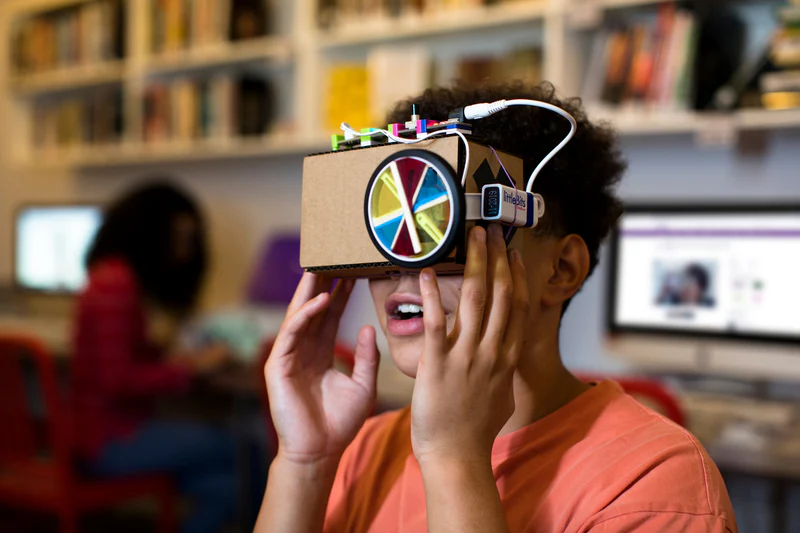Pittsburgh, Pennsylvania, is a city that beautifully blends rich history with modern innovation. Known as the Steel City for its historic steel production roots, today it stands as a hub for healthcare, education, and technology. With a population of over 300,000, Pittsburgh offers a small-town feel with big-city amenities. It's home to esteemed institutions like Carnegie Mellon University and the University of Pittsburgh, making it a breeding ground for research and innovation across many sectors, especially in medicine and technology.
The city experiences all four seasons, with snowy winters, blossoming springs, warm summers, and colorful autumns. This variety makes it not only a dynamic place to live but also a great location for year-round events. The weather fosters seasonal festivals like the Three Rivers Arts Festival in the summer and Light Up Night in November, which kicks off Pittsburgh’s holiday season in grand style. These celebrations often draw visitors from across the state and beyond.
One of Pittsburgh’s standout attractions is its medical sector, powered by the University of Pittsburgh Medical Center (UPMC), one of the top healthcare providers and research institutions in the country. In fact, UPMC is frequently ranked among the best hospitals in the U.S., driving many innovations in transplant surgery, cancer care, and artificial intelligence in diagnostics. The synergy between healthcare, academia, and technology makes Pittsburgh an ideal launching pad for medical inventions and new product ideas.
The city is also known for fostering collaboration. Its numerous coworking spaces, medical accelerators, and inventor meetups help individuals connect with like-minded creatives, investors, and companies. InventHelp, headquartered right in the heart of Pittsburgh, has played a pivotal role in this ecosystem, supporting inventors from concept to commercialization. As you walk through downtown Pittsburgh or Oakland, you’re walking through a living network of invention and progress, particularly in the medical field.


